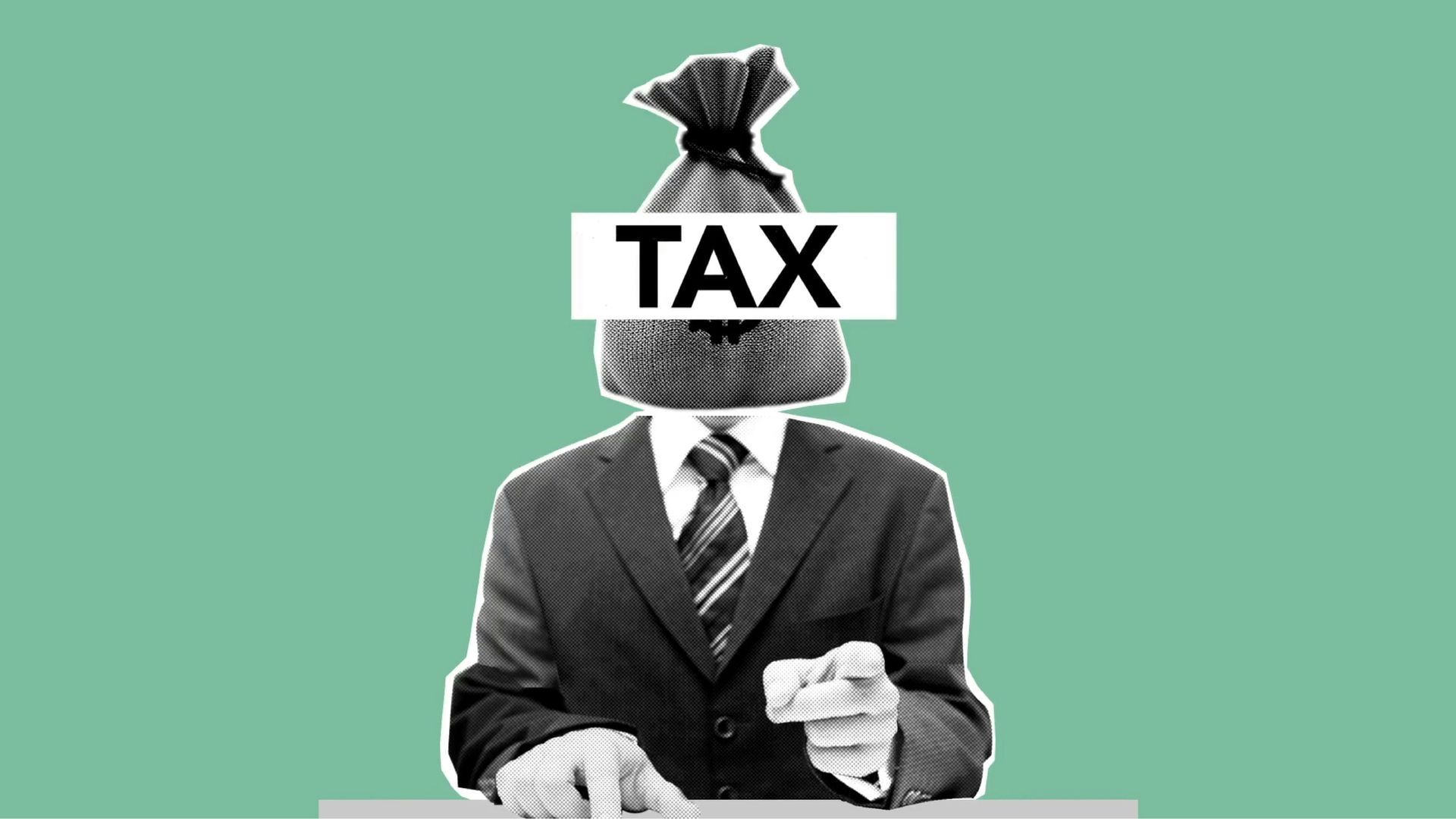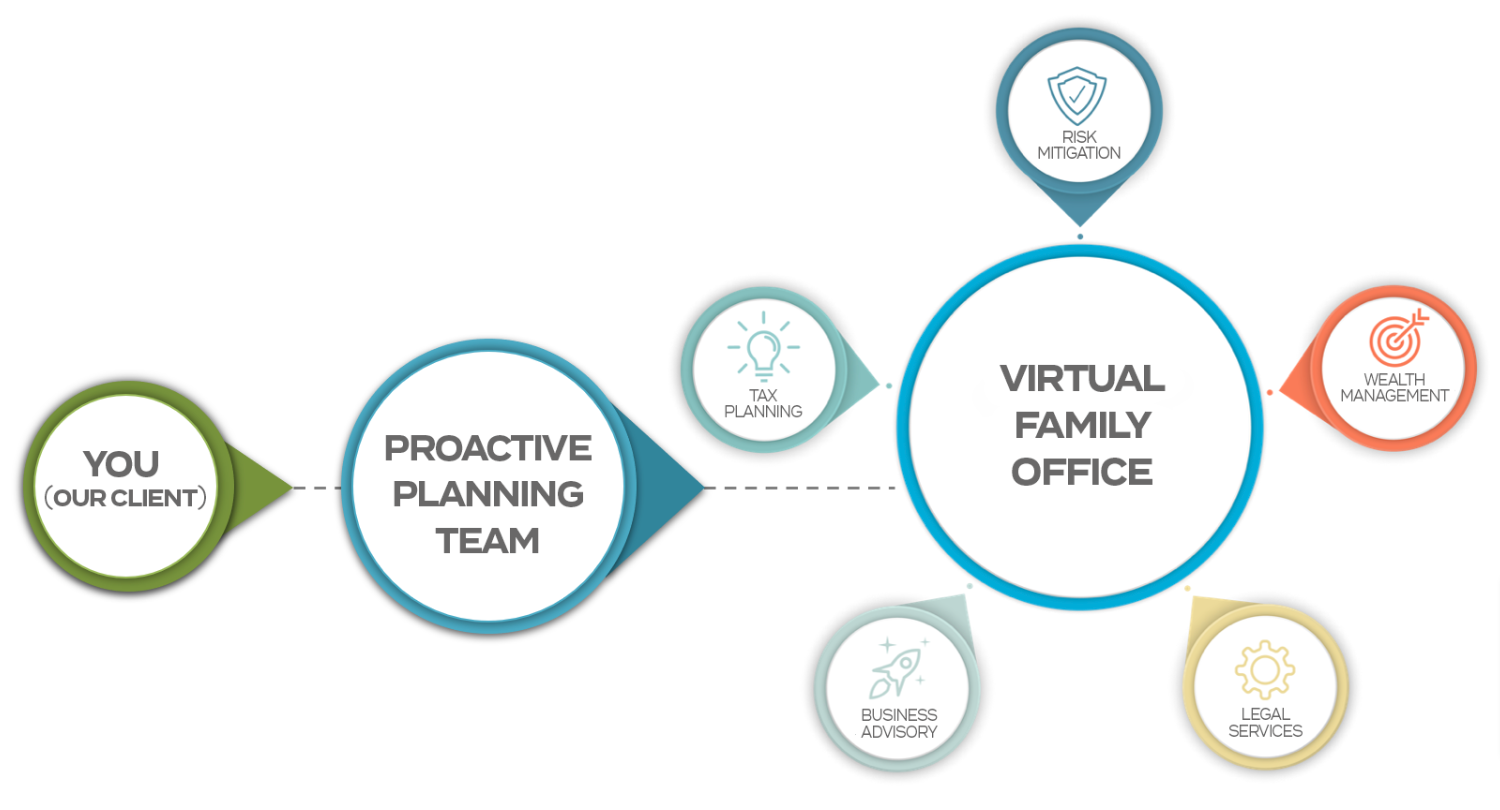Short-Term vs. Long-Term Rentals: Tax Differences That Matter for Real Estate Investors

If you own rental property or are thinking about investing in real estate, one of the biggest decisions you’ll make is whether to operate a short-term rental (STR) like an Airbnb or VRBO, or a long-term rental (LTR) with traditional tenants.
While both can generate solid cash flow, the tax differences between short-term and long-term rentals can have a major impact on your bottom line, and the IRS treats them very differently.
1. Short-Term Rentals Are Often Treated Like a Business
If your average guest stay is seven days or less, the IRS generally doesn’t treat it as a “rental activity.” Instead, it’s often classified as an active trade or business, similar to running a small hospitality operation.
Tax implications of short-term rentals:
- You may owe self-employment tax if you provide substantial guest services (like cleaning during the stay, meals, or concierge-type help).
- You might qualify for the Qualified Business Income (QBI) deduction, which can allow up to 20% of your profit to be tax-free.
- Bonus depreciation and Section 179 expensing may apply to furnishings, décor, and equipment.
- Losses can be used to offset other active income (business or W-2).
In short, short-term rentals can open the door to more tax deductions, but they also come with more complexity and recordkeeping requirements.
2. Long-Term Rentals Are Usually Passive Income
For long-term rentals, where tenants sign leases for months or years, the IRS classifies the activity as passive income.
Tax implications of long-term rentals:
- No self-employment tax applies to rental income.
- You can claim depreciation deductions to offset income and reduce taxes.
- You may still qualify for the QBI deduction if the rental activity rises to the level of a trade or business.
However, losses from long-term rentals are usually passive losses, which can only offset other passive income unless you qualify as a real estate professional.
3. Faster Write-Offs Through Cost Segregation
Both short-term and long-term rental owners can use cost segregation studies to accelerate depreciation. By identifying assets such as furniture, flooring, and appliances that can be depreciated over 5 or 7 years, investors can front-load deductions and reduce taxable income in the early years of ownership, a popular Airbnb tax strategy for maximizing cash flow.
4. Choosing the Right Rental Strategy for Tax Savings
Both short-term and long-term rentals offer powerful tax benefits but which is best depends on your goals:
- Choose short-term rentals if you want flexibility, higher income potential, and more deduction opportunities.
- Choose long-term rentals if you prefer stability, predictable cash flow, and less day-to-day involvement.
Before deciding, talk with a CPA who specializes in real estate taxation. The right setup can help you maximize deductions, reduce your tax liability, and avoid costly mistakes.
Short-term and long-term rentals both build wealth, but the tax rules are not one-size-fits-all. Understanding how the IRS classifies your rental activity is key to keeping more of what you earn. If you’re not sure which approach offers the best tax advantage, get professional advice before you buy or convert a property. A well-structured strategy could save you thousands each year.
See More Blog Posts






